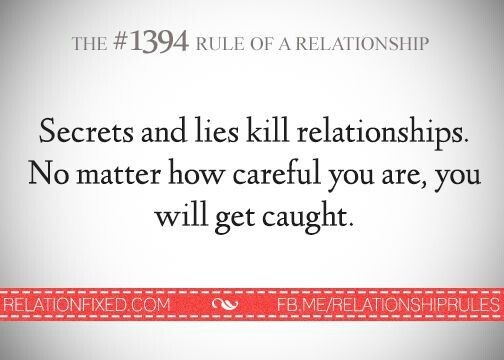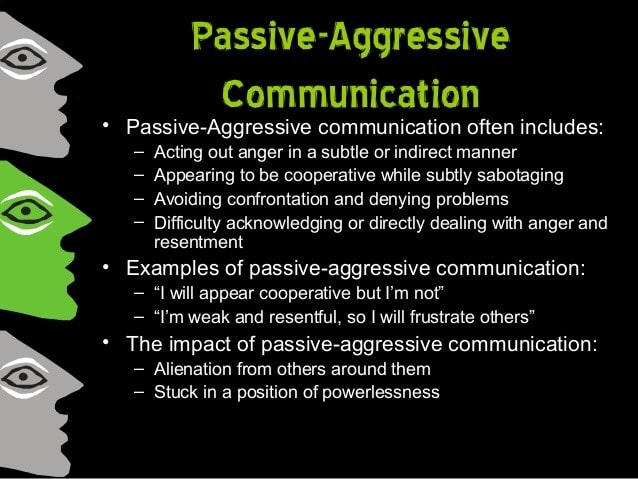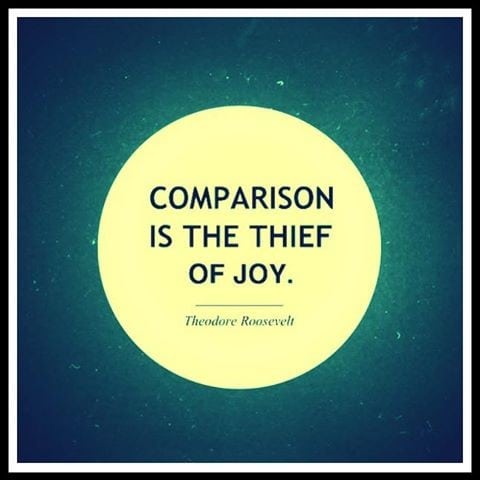While discussing detrimental habits, people often focus on individual vices like smoking or tardiness. However, it’s crucial to acknowledge that unhealthy patterns can also emerge in romantic relationships, ultimately leading to their downfall. Whether you’re currently invested in a partnership and wish to safeguard it or find yourself perpetually entering and exiting relationships, seeking improvement for the next one, there are certain habits that can be particularly destructive.
These include…
Lying

In many cases, people who lie tend to be hiding from the truth, often due to fear or uncertainty. However, this avoidance of honesty can create a shaky foundation in relationships, making it challenging to build trust and intimacy. Rather than embracing dishonesty, it’s essential to confront the truth and foster open communication. Remember, honesty is always the best policy, both in personal and professional settings.
Disloyalty

Establishing boundaries in a relationship is crucial, but it’s equally important that both partners respect and uphold those limits. A key example of this is the decision not to see other people while in an exclusive relationship. Any actions that go against this agreement, such as dating or even casually flirting with someone else, can be seen as disloyal.
This principle can be applied universally through the Golden Rule, where we treat others the way we would want them to treat us – in this case, respecting each other’s boundaries is essential for a healthy and harmonious relationship.
Constant fighting

When persistent conflict becomes a recurring theme in your relationships, it’s essential to take a step back and examine the root cause of the issue. Rather than perpetuating a cycle of arguing, strive to understand the underlying reason behind the disagreements. If you find that resolving the matter is an insurmountable task, prioritizing your emotional well-being may necessitate considering the viability of the relationship altogether.
Fighting online

Have you ever witnessed a digital spat unfold between a couple? For us, the initial reaction is often a mix of confusion and amusement – ‘Don’t they just have each other’s phone numbers?’ we might think. Then, there’s the inevitable conclusion that the drama unfolding before our eyes looks absurdly silly. Every romantic partnership experiences its share of disagreements, but does it really need to be broadcasted for all to see?
Abuse

When a person’s behavior towards you turns abusive or toxic, it’s essential to recognize the red flags and prioritize your own well-being. The moment they force you into a situation that makes you feel uncomfortable, anxious, or trapped – like the woman in the scenario – it’s time to reevaluate the relationship and consider making a permanent exit.
Nagging

As the partner, it’s essential to strike a balance between being considerate and respectful of your significant other’s memory. While it’s natural to make requests or remind them of important matters, there’s a fine line between gentle reminders and excessive nagging. Remember that you’re not his mother figure; you’re his girlfriend. Don’t confuse the two roles. Instead, focus on being mindful of how often you bring up specific topics, lest you become repetitive and annoying.
Passive aggressiveness

Being totally financially dependent on each other

In many cases, couples who are not yet married often find themselves in a situation where their financial lives become deeply intertwined. However, this can be a recipe for disaster if one partner is relying too heavily on the other for financial support. The reality is that until you tie the knot, your individual financial responsibilities remain separate and distinct.
If you’re currently in a situation where your bills are essentially being paid by someone else, it’s essential to recognize that this arrangement is not sustainable in the long term. In fact, it can lead to significant stress and regret down the line.
Using sex to “fix” problems

While sex can be a beautiful expression of love and intimacy, relying on it as a sole solution to problems is not a sustainable or healthy approach. When relationships are struggling, it’s essential to look beyond the physical aspect and focus on building emotional connection, trust, and communication. Rather than using sex as a Band-Aid fix, couples may need to take a step back and explore other common interests, shared values, and personal growth to strengthen their bond.
Not listening

Effective communication relies heavily on the ability to listen actively to one another. Without this fundamental aspect, relationships stagnate and fail to flourish. It’s a simple yet crucial principle: when we truly hear each other, we can begin to build meaningful connections that allow our relationships to grow and evolve.
Comparing to other people

The notion of comparing oneself to others or dwelling on past experiences is a limiting mindset that can hinder personal growth. Recognize that you are an unique individual, with your own distinct interests, passions, and motivations. Rather than investing time and energy into comparisons or nostalgia, focus on cultivating a sense of self-awareness and acceptance.
Jealousy

While the idea of a ‘cute’ situation may be appealing, it’s essential to acknowledge that jealousy rarely leads to positive outcomes. In fact, it often spawns more harm than good, causing unnecessary pain and drama.
Not letting each other have friendships

Embracing mutual friendships is a vital aspect of building a healthy relationship. While it’s wonderful to be someone’s closest confidant, it’s essential not to suffocate them with expectations. A person in a relationship shouldn’t feel like they’re losing their freedom or autonomy just because they’ve committed to someone else. It’s crucial to respect his desire for other friendships and connections, as this can ultimately strengthen your bond and the relationship as a whole.
Possessiveness

When we gaze upon images that capture individuals who are intensely attached to someone, it’s as if their very essence is radiating from the frame. This possessive energy can be overwhelming, like trying to contain a whirlwind within a tiny sphere. The truth is, people should never be reduced to mere possessions or commodities. They are multifaceted beings deserving of respect, autonomy, and individuality.
Impatience

Imagine a world where every event unfolds exactly as we plan, at the exact moment we desire. Sounds idyllic, doesn’t it? Unfortunately, that’s not how life works. When someone says they’ll get back to us, a little patience is required. If they’re unable to meet up over the weekend due to prior commitments, understanding is essential. The old adage ‘good things come to those who wait’ serves as a valuable reminder.
Being demanding

While it’s understandable to assert one’s needs, being overly demanding and getting your way by any means necessary can be detrimental. It’s akin to throwing a tantrum, an immature behavior often exhibited by young children.